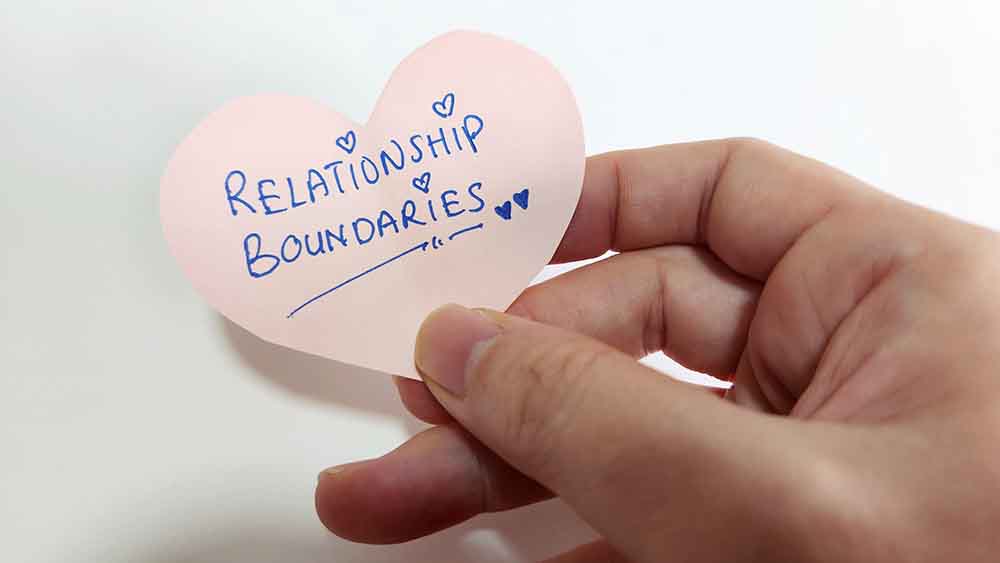In contrast to certain other animal species, humans have close-knit family structures, depending on our friends for emotional support, and spending a major part of our lives working together to accomplish greater objectives. It seems to reason that the quality of our relationships has a significant impact on our mental health and general well-being. Good interactions with our peers, family, friends, and co-workers all contribute to a strong sense of wellbeing and a sound mind.
On the contrary, those who experience loneliness or are surrounded by unfavourable interpersonal interactions are more likely to witness a drop in their mental health or worsen existing mental health conditions. Researchers are not entirely sure which components of relationships have the greatest impact on well-being..

Our mental health depends on all kinds of relationships, including the one we have with ourselves. People are more likely to be happier and healthier when they are in supportive, healthy relationships. Building and sustaining positive relationships with other people can also assist in relieving mental health conditions like stress and anxiety and fight loneliness. Let's start with you: your relationship with yourself is essential and should be carefully considered and maintained.
Our self-esteem and how we treat ourselves has an impact on how well we take care of ourselves and how resilient we may become. Fortunately, there are many small actions we can take, such as thinking positively, that could boost our self-esteem.
How To Establish Wholesome Connections With People
We must endeavour to establish and maintain positive relationships. Respecting and helping others, as well as having candid and open discussions, are essential components of effective partnerships. Open communication about your feelings and listening to your spouse, friend, or family member can improve relationships, lessen relationship anxiety, and safeguard your mental health.

Healthy Relationship Communication Techniques
Try to be ‘active listener’ by asking for clarification if necessary or by repeating to the other person what they have said to you. Grasp what someone is saying to you by practicing active listening. It can be simpler to deal with problems as they come up rather than allowing them to fester if you try to check in on a frequent basis. Schedule a regular time to communicate, or if it's hard to express your feelings aloud, write them down in a letter or message.

Relationship Tension And Anxiety Management
Relationships can be impacted by life's obstacles because we may experience uncomfortable feelings that cause us to become withdrawn, impatient, or snappy. Being upfront and honest can help you and others around you feel supported during a difficult moment. It might be distressing for you as well, if you know someone who is going through a difficult period, so it's critical that you help them in ways that safeguard your own mental health. Here are three small actions to ensure that you are looking after yourself in your relationships.

Set boundaries: Consider what you believe you can assist with,whether it's listening or providing helpful assistance, like shopping.

Spend some time with yourself: Set aside some time to take care of yourself. Try to concentrate on your own interests and pastimes.
Speak with a trusted person: It might be beneficial to find someone you can confide in who is not in your relationship.
Resolving Disputes In Relationships
Although disagreements are common, if they are not settled, it may have an adverse effect on your mental health. If you can't resolve a problem amicably, take a break and try again when everyone is more composed.

How Relationships Affect Mental Health
Our connections have a significant influence on our general well-being and mental health. A higher level of happiness, better physical health, and improved quality of life can all be attributed to positive relationships with family, friends, and love partners.
Conversely, unfavourable relationships that are marked by tension, conflict, and emotional upheaval can be harmful to our mental health. Numerous studies have demonstrated the impact that supportive and healthy relationships have in lowering stress levels, preventing mental health problems, and fostering psychological well-being.